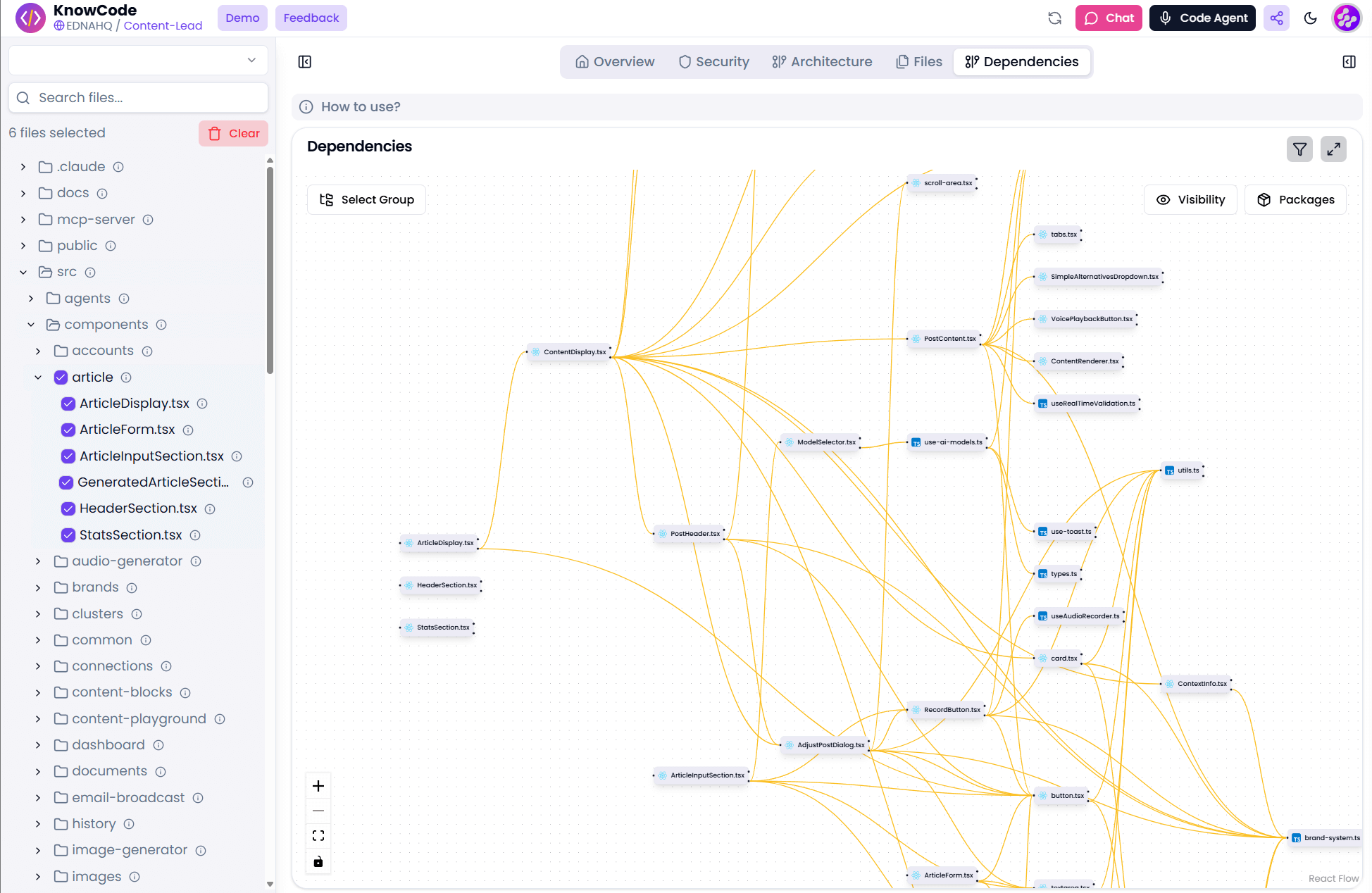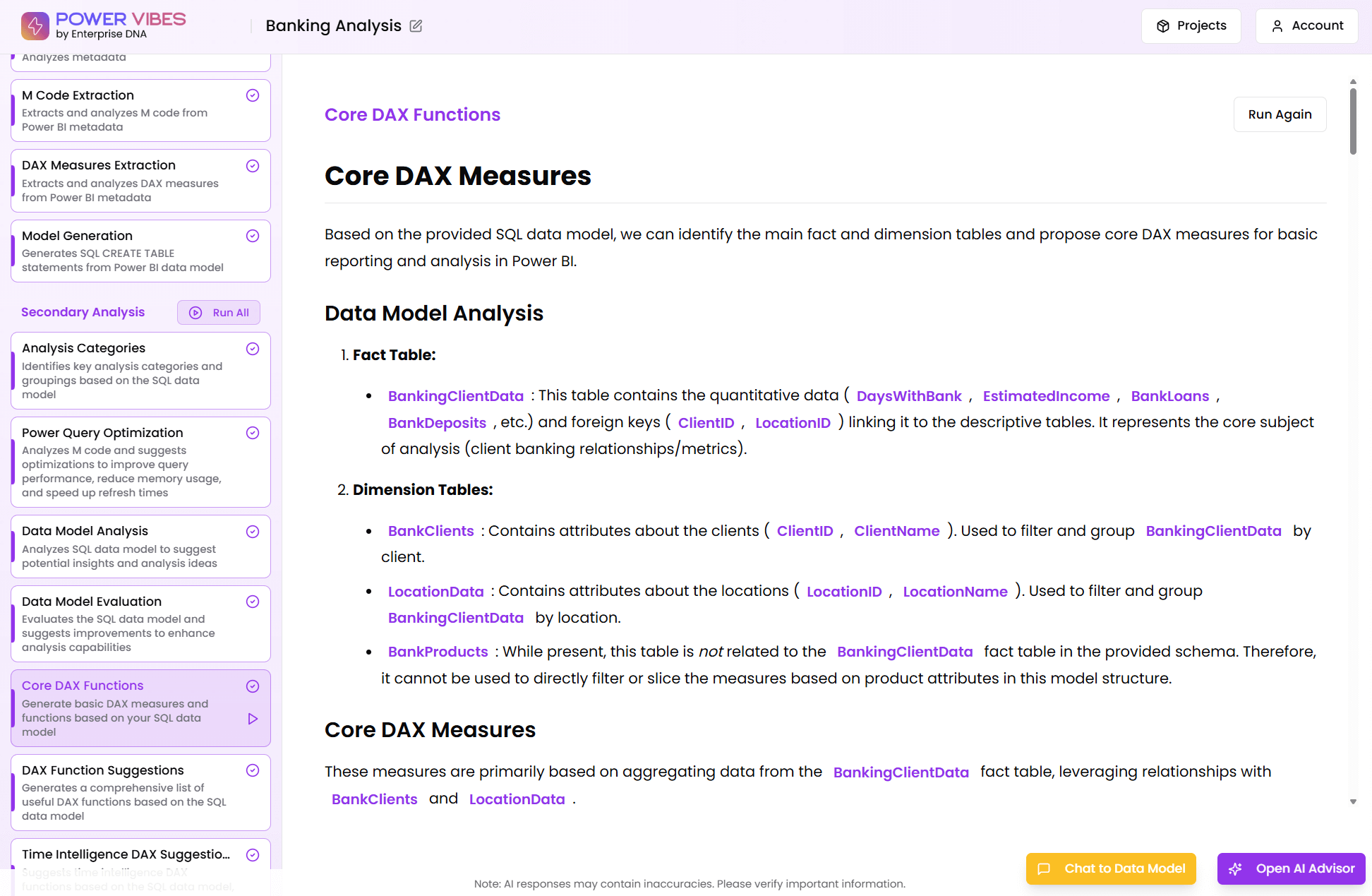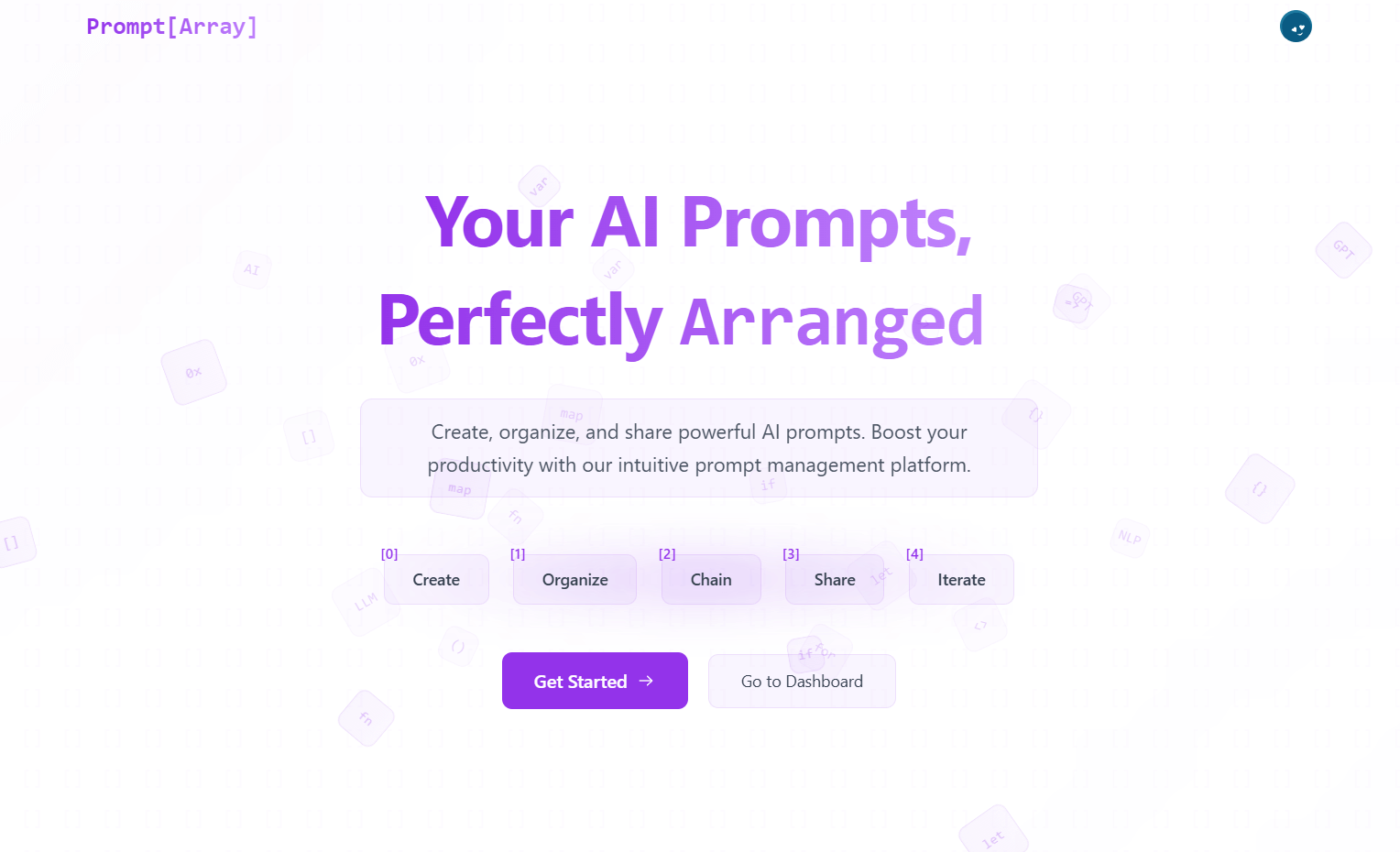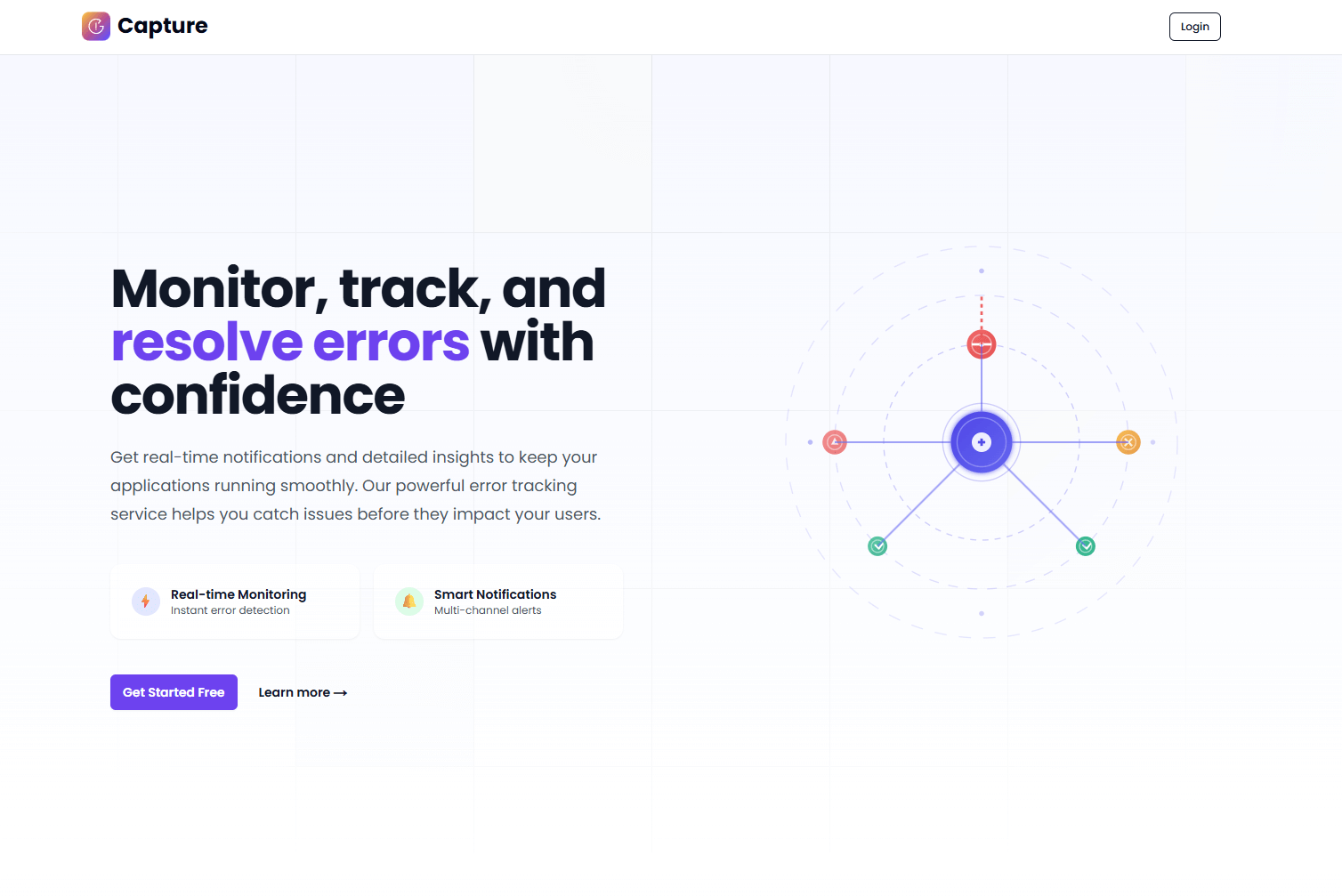AI Security
Welcome to Mentor's AI Security page, where we delve into the crucial aspects of securing artificial intelligence systems. As AI technology continues to advance, ensuring the security and integrity of these systems becomes paramount. At Mentor, we are committed to helping businesses and individuals navigate the complex landscape of AI security to protect sensitive data, maintain trust, and mitigate risks.
We leverage OpenAI's API for our current suite of AI models, while also utilizing the OpenAI Security Portal to uphold the highest standards of security for our systems.
Why AI Security Matters
AI systems are becoming integral to various industries, from finance and healthcare to manufacturing and cybersecurity. These systems process vast amounts of data, make critical decisions, and automate processes, making them lucrative targets for malicious actors. Here are some key reasons why AI security is essential:
- Data Protection : AI systems rely on data for training and decision-making. Securing this data is crucial to prevent unauthorized access, data breaches, and privacy violations.
- Trust and Reliability : Ensuring the security of AI systems builds trust among users, customers, and stakeholders. It also ensures the reliability and accuracy of AI-driven decisions and outcomes.
- Risk Mitigation : AI security measures help mitigate risks such as adversarial attacks, data poisoning, model inversion, and other threats that can compromise system integrity and functionality.
- Regulatory Compliance : Many industries have regulations and compliance requirements related to data security and privacy. Implementing robust AI security measures ensures compliance with these regulations.
Key Challenges in AI Security
Securing AI systems presents unique challenges due to their complexity, reliance on data, and susceptibility to sophisticated attacks. Some of the key challenges include:
- Data Privacy : Protecting sensitive data used by AI systems while ensuring data privacy and compliance with regulations such as GDPR and CCPA.
- Model Security : Safeguarding AI models from adversarial attacks, model stealing, and unauthorized model modifications that can lead to biased or manipulated outcomes.
- Explainability and Transparency : Ensuring AI systems are explainable and transparent in their decision-making processes to build trust and accountability.
- Secure Deployment : Securing the deployment and integration of AI systems across different environments, including cloud, edge devices, and IoT platforms.
Our Approach to AI Security
At Mentor, we adopt a comprehensive approach to AI security that encompasses the following key strategies:
- Data Encryption : Implementing robust encryption techniques to protect data at rest and in transit, ensuring confidentiality and integrity.
- Access Control : Implementing strict access control mechanisms to limit access to AI systems, data, and models based on roles and permissions.
- Adversarial Defense : Employing techniques such as adversarial training, model robustness testing, and anomaly detection to defend against adversarial attacks.
- Continuous Monitoring : Implementing continuous monitoring and auditing of AI systems for anomalies, suspicious activities, and compliance violations.
- Ethical AI : Incorporating ethical considerations into AI development and deployment processes to ensure fairness, transparency, and accountability.







